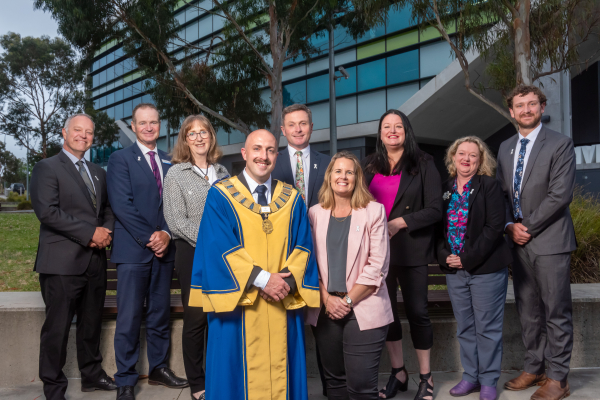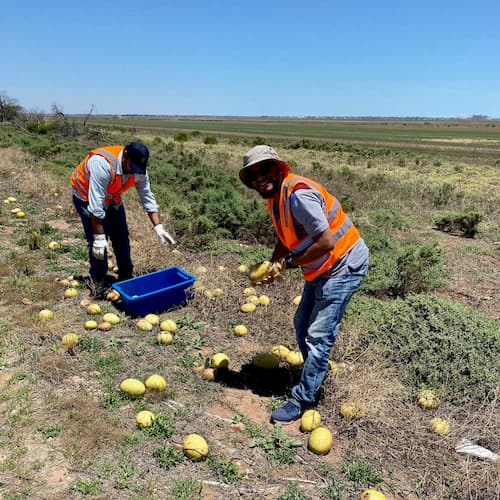The Australian Taxation Office (ATO) today announced that it has received nearly double the amount of referrals from the community about tax evasion compared to the same time last financial year. The ATO received nearly 60,000 reports of suspected tax evasion, the black economy or illegal phoenix activity from 1 July 2018 to 31 May 2019, which is a 42% increase on the volume of referrals in the same time period in the previous financial year. While not all referrals result in an audit, they help build a more complete view of risk and help us determine if any further action is required.
More than half of all referrals received from 1 July 2018 to 31 May 2019 were for suspected under reporting of income or about the cash economy, for example businesses demanding cash from customers or paying their workers cash in hand.
The top 5 ‘tip offs’ to the ATO (1 July 2018 – 31 May 2019)
- under reported income 31%
- cash economy 27%
- non lodgment 25%
- inadequate or no superannuation paid 8%
- over stating expenses 3%
Assistant Commissioner Peter Holt said “We’re seeing an upwards trend in the volume of referrals about people suspected of participating in the black economy, which suggests that honest businesses have had enough of competitors cheating the system and getting an unfair advantage”.
“Going on current numbers, we’re on track to receive over 70,000 community referrals before the end of this financial year. By way of comparison, we received over 51,000 referrals in 2017-18 and that was the highest ever number of referrals received,” Mr Holt said.
We are committed to supporting business meet their tax and super obligations, and offer a range of resources for businesses to get it right.
We understand the pressures business owners face in running a business and that sometimes they make legitimate mistakes. The best way to stay on top of your tax and super is to ensure your records are kept up-to-date. Good record keeping will help you complete and lodge your tax returns, manage cash flow, meet your tax obligations and understand how your business is doing.
New ATO Tax Integrity Centre launching on 1 July 2019
The record number of referrals coincides with improvements to the process for letting the ATO know about suspected tax evasion.
The new and improved Tax Integrity Centre will be launching on 1 July, and will provide a single point of contact for reporting suspected or known illegal phoenix, tax evasion, and black economy activity.
“Our tip-off line is the taxation equivalent of Crime Stoppers for tax. Members of the community will be able to tip the ATO off online or by calling our hotline on 1800 060 062,” Mr Holt said.
Members of the community can report any known or suspected activity where someone might be gaining a competitive advantage by intentionally doing the wrong thing. This is not just limited to tax issues. It involves behaviours such as:
- demanding or paying for work cash in hand to avoid obligations
- not reporting or under-reporting income
- illegal phoenixing – deliberately liquidating and re-forming a business to avoid obligations
- over-claiming deductions e.g. paying for home renovations through their business account.
“We value referrals from the community. Tip-offs are assessed and referred to experienced staff for review to determine if any action is required. Tip-offs help us build a more complete view of risk. A community tip-off may be the missing piece of the puzzle that we need to finalise an investigation and seek prosecution action to help protect honest taxpayers. Even if you only know part details, this information is still very useful. It helps us understand industry trends and emerging issues and forms part of our engagement strategies,” Mr Holt said.
All tip-offs are private and can be anonymous. The ATO does request contact details in case information provided needs further clarification.
“Sometimes we may need to ask you about the information you provided. Leaving your name and contact details can help us to do that. We will only contact you for more information if you tell us it’s okay”, Mr Holt said.
“Due to privacy laws, we won’t be able to inform you of the outcome of the information you provide. We also won’t be able to provide you with any updates on progress of the information you provided.” “The Black Economy Taskforce estimates that the black economy is costing the community as much as $50 billion each year, which is approximately three per cent of Gross Domestic Product (GDP). This is money that the community is missing out on for vital public services like schools and roads.” Mr Holt said.
“Businesses that operate in the black economy are undercutting competitors and gaining a competitive advantage by not competing on an even footing”.
“Improvements to evasion reporting and analysis of intelligence received are just two of the many ways we’re tackling the black economy,” Mr Holt said.
About the Black Economy Taskforce
- The Black Economy Taskforce was established to provide a whole-of-government approach to combat the black economy in Australia. It was established in December 2016 to develop a policy framework involving new proposals to tackle black economy activity. The was released in October 2017.
The ATO plays a significant role in leading and delivering on the Black Economy Taskforce recommendations accepted by the Government. Since 1 July 2018, the ATO has coordinated an extensive program of work to tackle the black economy. This program of work includes a multi-faceted approach.
The ATO is responsible for addressing the following aspects of the black economy:
- under-reporting income and over-claiming expenses
- ensuring businesses meet their employer obligations – so they don’t pay employees or contractors cash in hand, underpay wages, fail to withhold tax or not contribute to super
- addressing illegal phoenixing (together with Phoenix Taskforce partner agencies) – deliberately liquidating and reforming businesses to avoid obligations
- preventing tax fraud
- dealing with illicit tobacco, duty and excise evasion
- targeting intermediaries and agents who enable black economy behaviour.
Know where to get help and support
- Most businesses use a registered tax agent for tax advice and to lodge their tax return. We also offer a range of learning resources for business operators to understand their tax and super obligations and get it right, including business and .
- Businesses can chat with us one on one through our and . We can also answer general questions via or you can join the discussion in our peer-to-peer forum, .
- Visit for an overview of our tools, services and assistance.







